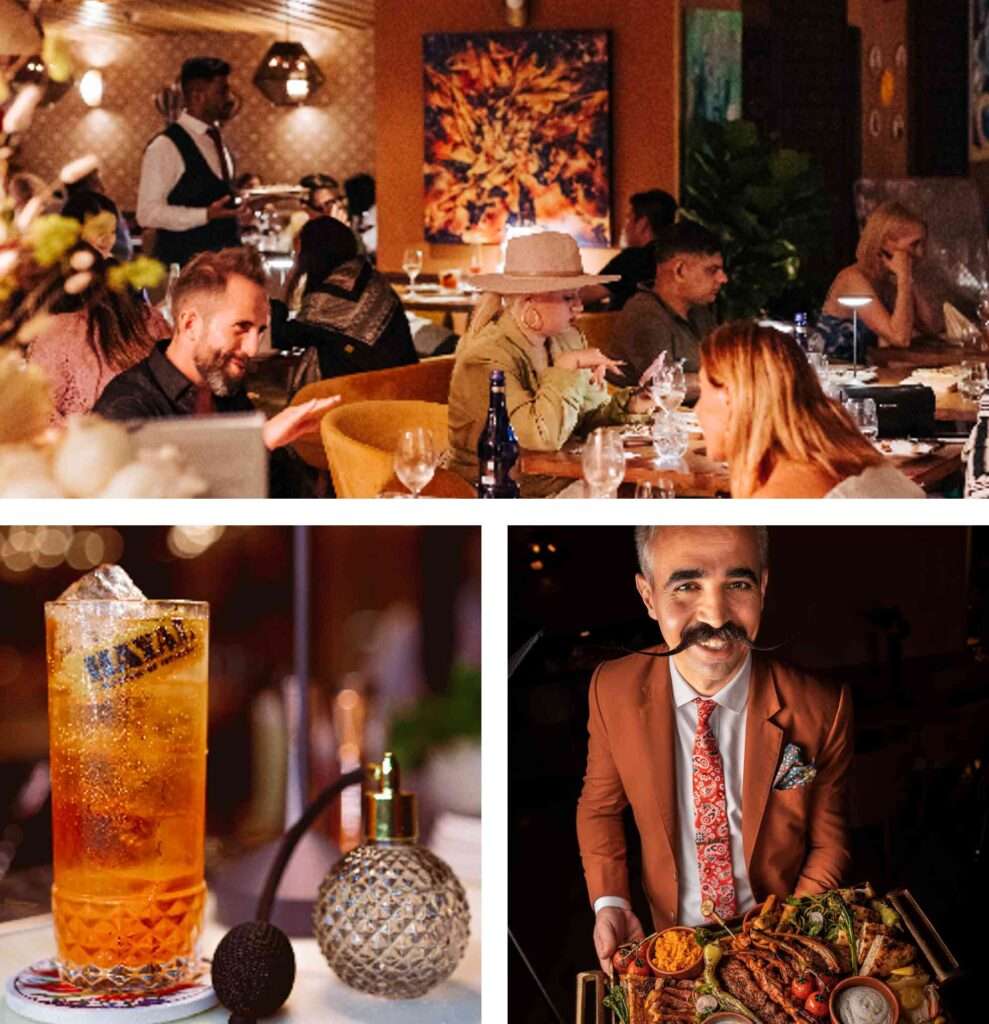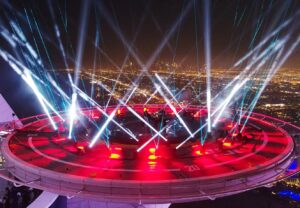
Restaurant concept development consulting plays a vital role in helping aspiring restaurateurs and existing operators refine their vision, improve their offerings, and steer the complexities of the hospitality industry. Here’s an inclusive guide to what restaurant concept development consulting entails and how it can benefit your business:
Initial assessment and vision refinement:
The consulting process typically begins with an initial assessment of your goals, vision, and existing concept (if applicable). Consultants work closely with you to refine and articulate your restaurant’s unique selling proposition (USP). This phase involves identifying target demographics, analyzing market trends, and aligning your concept with consumer preferences and industry dynamics.
Market research and competitive analysis:
Consultants conduct thorough market research to assess the competitive framework and identify opportunities for differentiation. They analyze consumer behavior, dining trends, and economic factors impacting the restaurant industry in your target market. This research informs strategic decisions on menu development, pricing strategies, location selection, and marketing initiatives.
Concept design and development:
Concept design is a creative process where consultants collaborate with you to conceptualize the overall theme, ambiance, and dining experience of your restaurant. This includes interior design recommendations, menu ideation, beverage program development, and brand identity creation. Consultants ensure that every aspect of the concept—from décor to service style—aligns cohesively with your vision and resonates with your target audience.
Menu engineering and development:
Menu engineering is a vital component of concept development consulting. Consultants analyze profitability margins, popularity of menu items, and cost-effectiveness of ingredients to optimize menu offerings. They assist in designing a balanced menu that increases profitability while satisfying customer preferences, considering factors like pricing psychology and menu layout.
Operational planning and efficiency:
Efficient operations are essential for the success of any restaurant concept. Consultants provide expertise in operational planning, workflow optimization, kitchen design, staffing strategies, and inventory management. They establish standard operating procedures (SOPs) to ensure consistency, quality control, and operational efficiency from day-to-day operations to peak service times.
Training and implementation support:
Training is vital for ensuring that your team delivers exceptional service and upholds the standards of your concept. Consultants provide training programs tailored to front-of-house and back-of-house staff, covering customer service protocols, menu knowledge, hospitality skills, and operational procedures. They offer ongoing support during the implementation phase to monitor progress, address challenges, and fine-tune strategies as needed.







